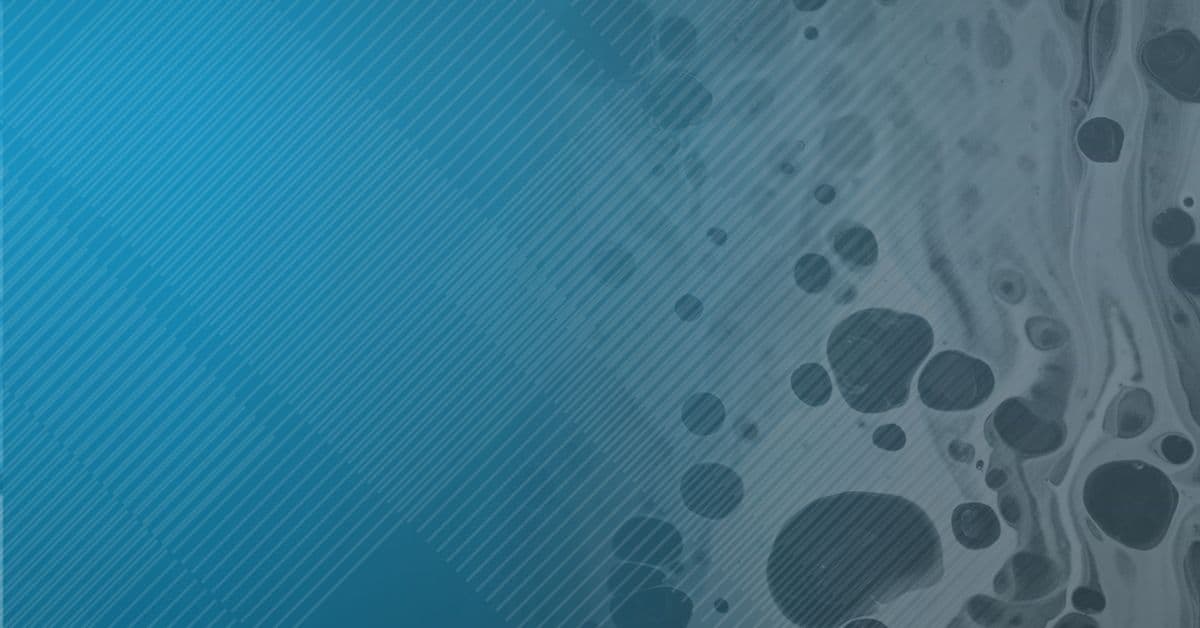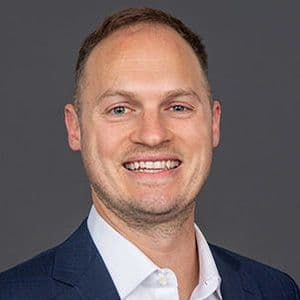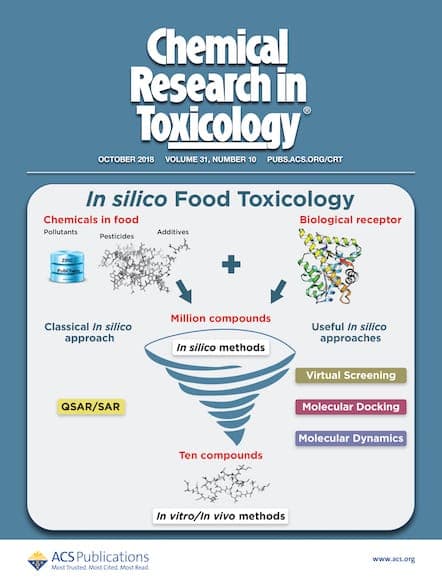Learn more about Prof. Snyder, what inspired him to pursue a career in chemistry, and what's next for his research in this exclusive interview.

Chemical Research in Toxicology and the ACS Division of Chemical Toxicology are thrilled to announce Professor Nathaniel W. Snyder of Lewis Katz School of Medicine, Temple University, USA, as the winner of the 2024 Chemical Research in Toxicology Young Investigator Award. This award honors the contributions of an early-career individual who has had a major impact on research in chemical toxicology or a related field.
Prof. Snyder will lead a half-day conference session as part of the ACS Division of Chemical Toxicology program at the 2024 ACS Fall National Meeting in Denver, Colorado, USA. The session will include a lecture by Prof. Snyder and scientific presentations by his choice of speakers. He will also receive an award plaque, honorarium, and funding to attend and present at the 2024 ACS Fall National Meeting.
We received a substantial number of nominations. The selection committee was impressed by the exceptionally high quality of the candidates. We thank everyone who submitted nominations for this award.
Read Our Interview with Prof. Snyder

What inspired you to pursue your particular area of research?
I had a great high school chemistry teacher, Mr. Hendley, so I was interested in chemistry early on. Next, the instrumental methods of analysis at the University of Maryland course was one of my favorite classes and I think it primed me for embracing analytical chemistry as a key part of my research. Then through working in amazing labs at USDA, NIH, and Penn I narrowed down my interests and found out what I was good at. The niche on compartmentalized metabolism and exposures that is my particular focus now has really come about from other questions I was interested in, especially around toxicology. We were always dealing with underlying assumptions about where in a cell or organism we need to measure molecules to ask the right research question so that became a focus of research in its own right.
What’s next for your research?
Like a lot of people I think it’s an amazing time to do science but a tougher time to be a scientist. I have a lot of ideas I just don’t have the funding to pursue so I try to balance between the really exiting ideas and the more slow and steady projects. I’ve been spending my free time working on a really great project on chemotherapeutic exposure to the fetal compartment in pregnant women because I can’t get it funded and staffed. Thanks to some amazing postdocs who have joined with my group, we are also studying the sub-cellular compartmentalization of metabolism in the context of protein post-translational modifications in both cancer and the immune response.
What do you consider to be the most important advances in your field in the past five years?
Toxicology as a field gets to draw from so many other sciences so I think it's hard to point out single important advances. However, I did my Ph.D. just as easy-to-use commercial high-resolution mass spectrometers were becoming available. We use mass spectrometers like microscopes for chemicals, so having a good chemical microscope shows us a depth of the world we couldn’t see before.
If you weren’t a chemist working in toxicology, what would you like to be?
A stay-at-home dad working part time in immunology because I’d be too bored without the laboratory and I’m not a good enough immunologist to do that full time. The two biggest impacts in the world now are going to come from 1) resiliency of the next generation and 2) improving our understanding of both fundamental and applied immunology. I hope this award in 5-10 years goes to someone who starts cracking all the outstanding problems in immunotoxicology.

